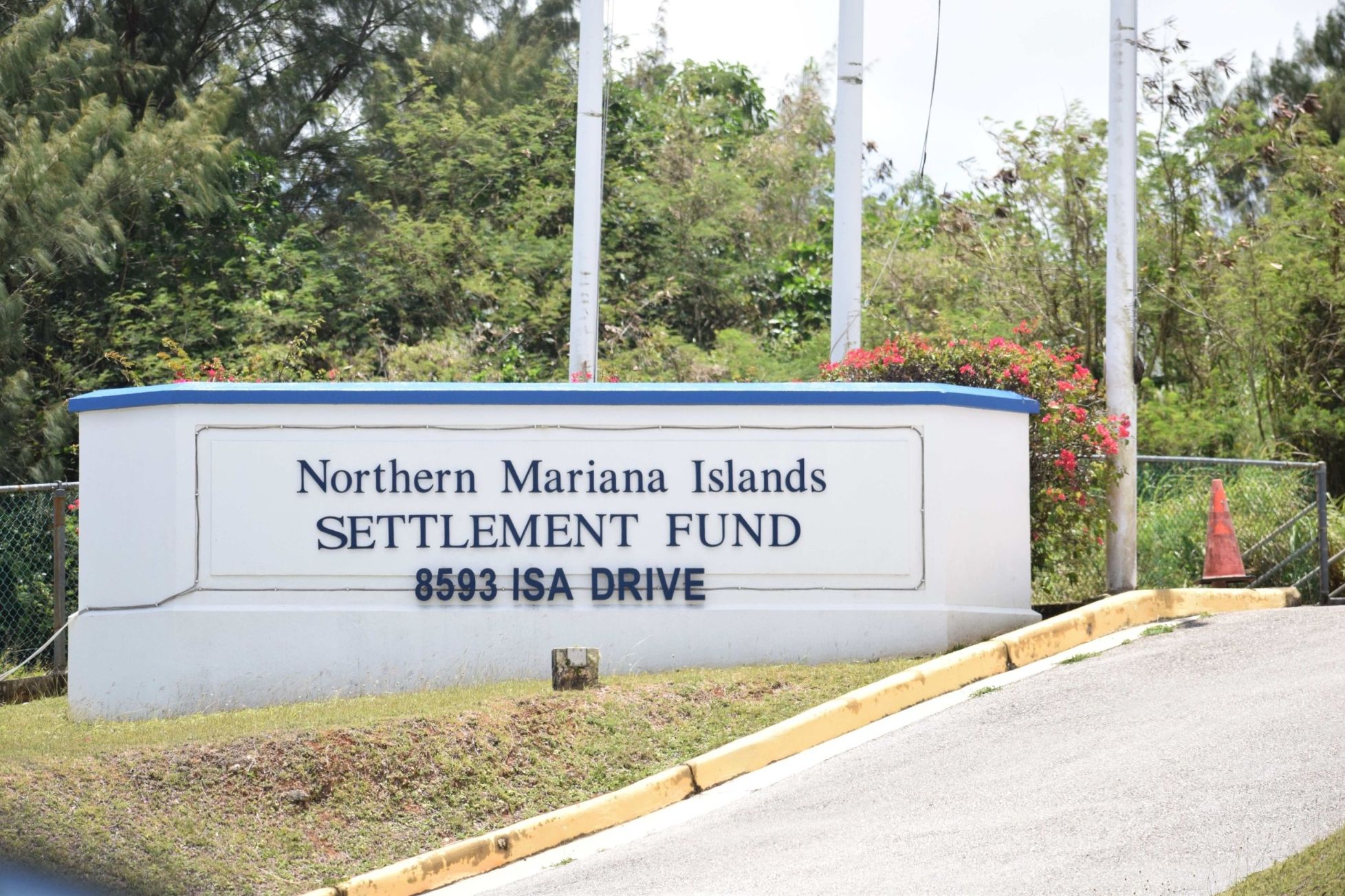THE Superior Court has determined that a land owner is entitled to just compensation for the taking of her property in Tanapag which was used by the government for public roadway.
Associate Judge Virginia Sablan-Onerheim ruled that it is undisputed that the government acquired Julia K. Norita’s property for a public road way, and for water, sewer, and power utilities.
“It is also undisputed that there is now an ongoing road construction project to further improve plaintiff’s property as part of a public road,” said the judge in an order denying the commonwealth’s motion for summary judgment.
Sablan-Onerheim said that when the commonwealth, through its eminent domain powers, acquires private property for public purpose, the land owner may seek judicial remedy for just compensation.
She said the court finds that the direct cause of action does not arise directly under the Land Exchange Act without evidence that the claimant has exhausted her administrative remedies.
A direct cause of action, the judge said, does arise directly under the 5th Amendment of the U.S. Constitution and Section 501 of the Covenant.
Sablan-Onerheim set a bench trial in Norita’s lawsuit against the government for Aug. 23 on the issue of compensation.
Court records showed that in 1989, Julian Norita, the deceased husband of Julia K. Norita, received a letter from then Gov. Pedro P. Tenorio advising him of the government’s intention to acquire his 3,589 sq. meters of land in Tanapag. The governor certified the acquisition of Norita’s land for public purpose to the Marianas Public Lands Corp.
Norita signed the acknowledgment and authorized letter agreeing to the acquisition, and informed the government of his preference for a land exchange.
MPLC identified two possible land exchange sites in Marpi and San Juan. MPLC appraised the Marpi site at $70 per square meter, and the San Juan lot at $15 per square meter.
In 1995, the MPLC board rejected the appraisal value of Norita’s property, and ordered the Marpi and San Juan properties to be re-appraised. The parties negotiated, but the transactions were never concluded.
In 1998, the plaintiff sued the government demanding just compensation for the taking of her property. In an alternative, she moved to enjoin the government from continuing to use and improve the property until she was justly compensated.
The government argued that Norita was fully compensated for the indefinite use of her property.
Norita filed a motion for summary judgment, claiming that there were no genuine issues of material fact in dispute regarding the parties’ agreement to exchange land.
Last May 28, the court denied the plaintiff’s motion. The court also advised the parties of the court’s intention to convert the government’s cross-motion to dismiss to a motion for summary judgment on the issue of whether a claimant can seek judicial remedy for compensation for a taking under the Land Exchange Act and or under the CNMI and U.S. Constitutions.
Sablan-Onerheim, in her order issued last week said the CNMI Supreme Court held that there is no judicial cause of action arising directly under the Land Exchange Act.
“Clearly, a claimant seeking enforcement of an agreement to exchange land under the Land Exchange Act must first exhaust administrative remedies before seeking judicial recourse,” she said.
In view of the high court precedent on the issue presented, the judge said the court agrees with the commonwealth that there is no direct cause of action arising under the Act.










